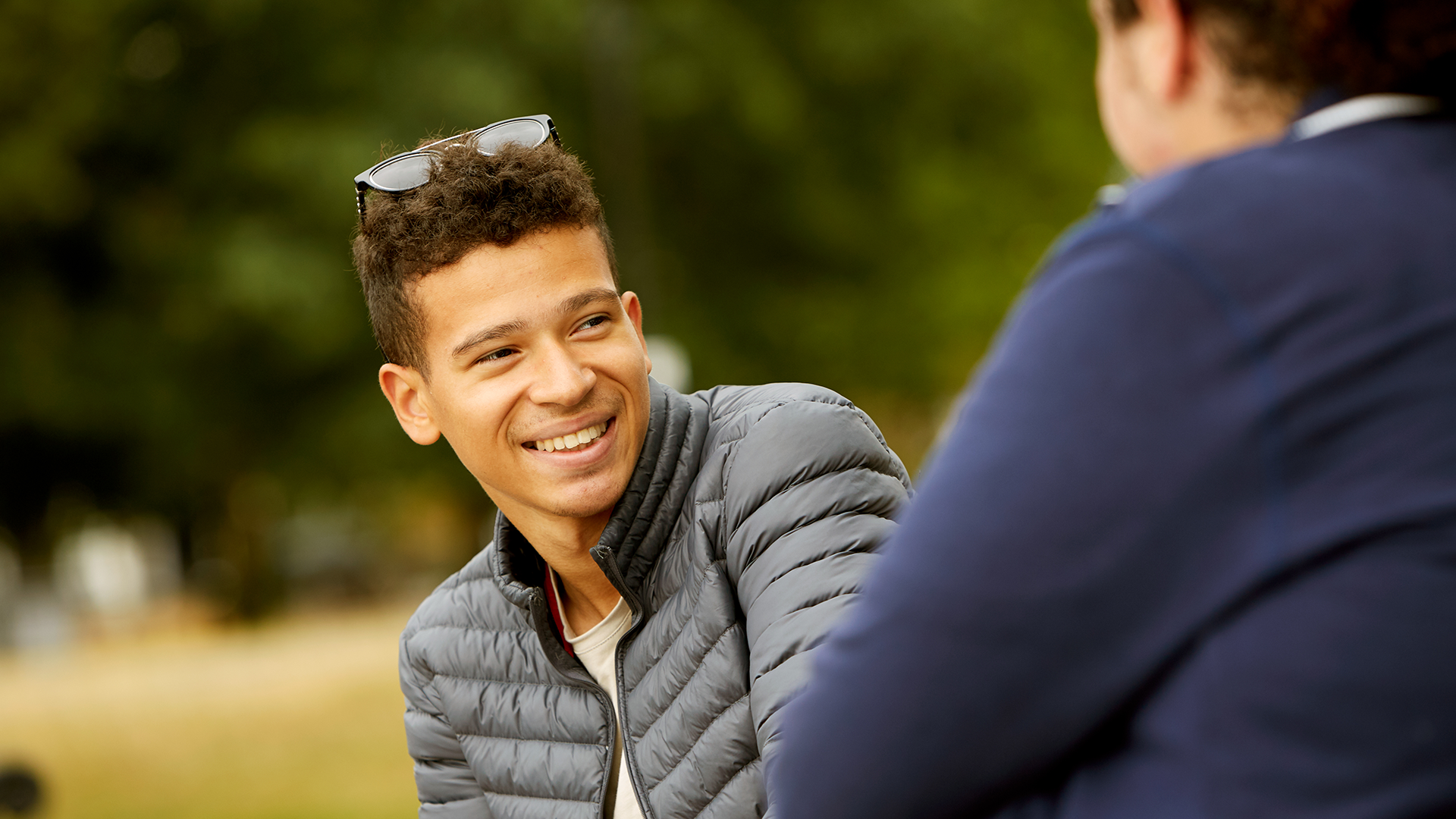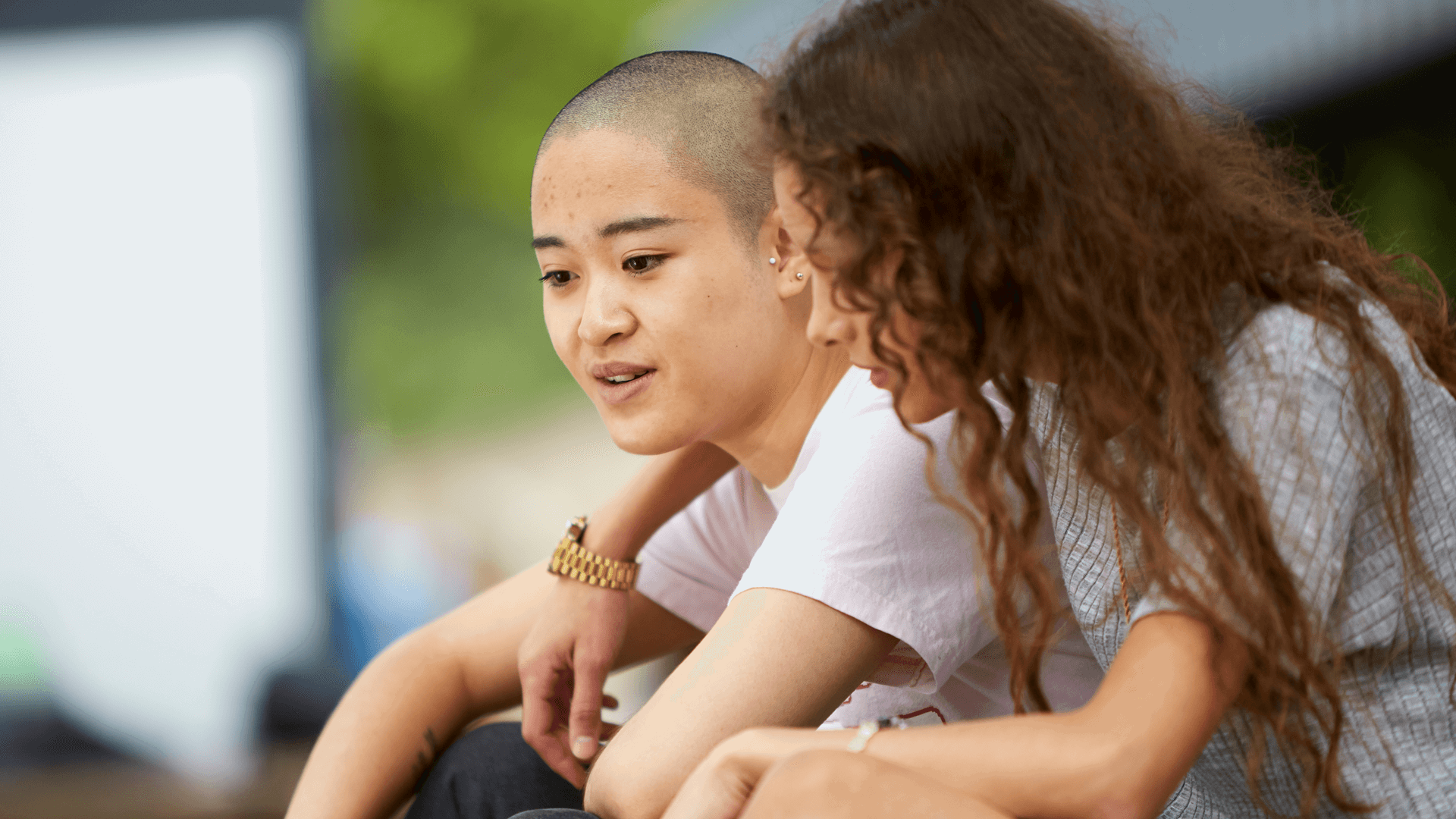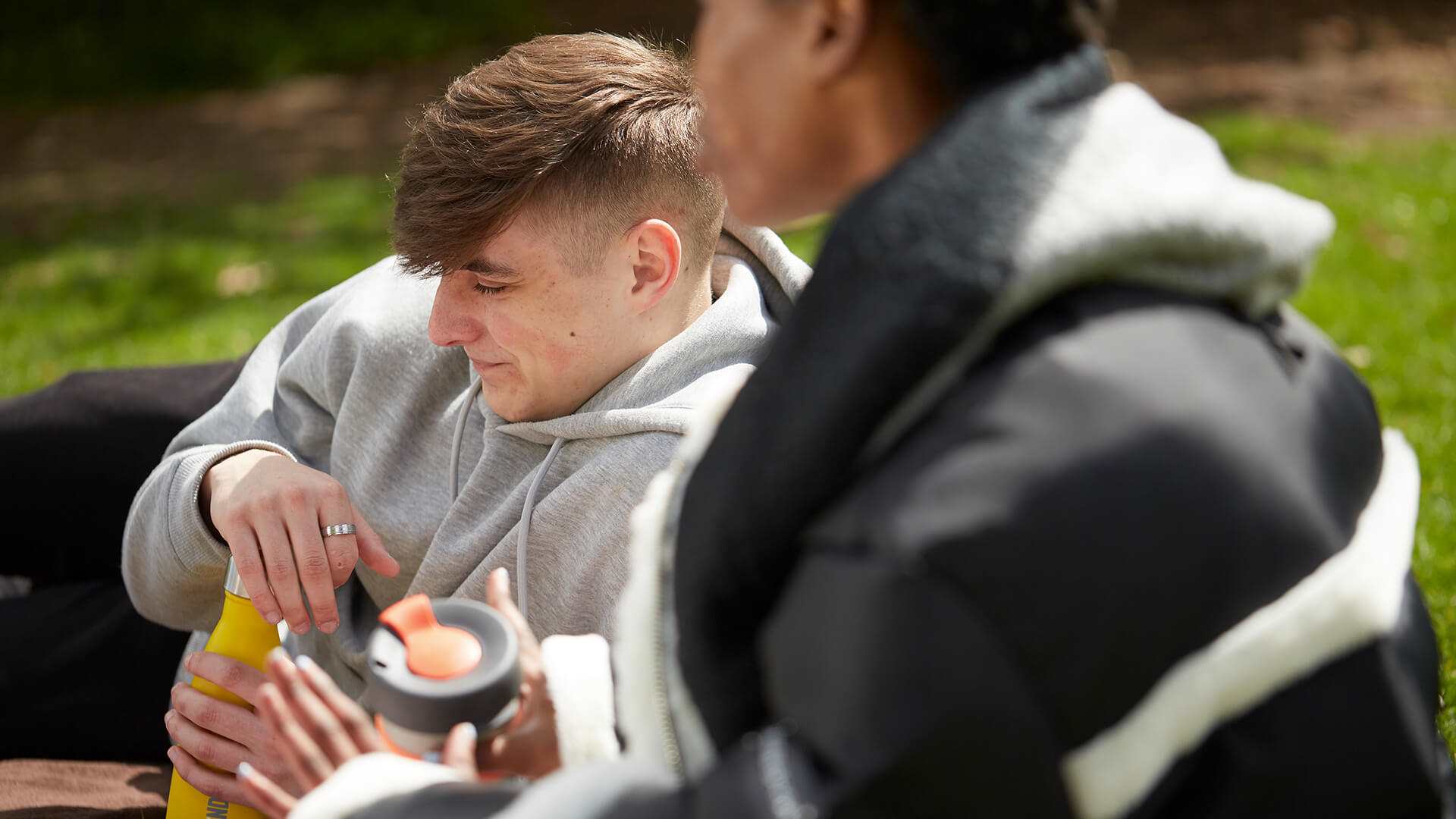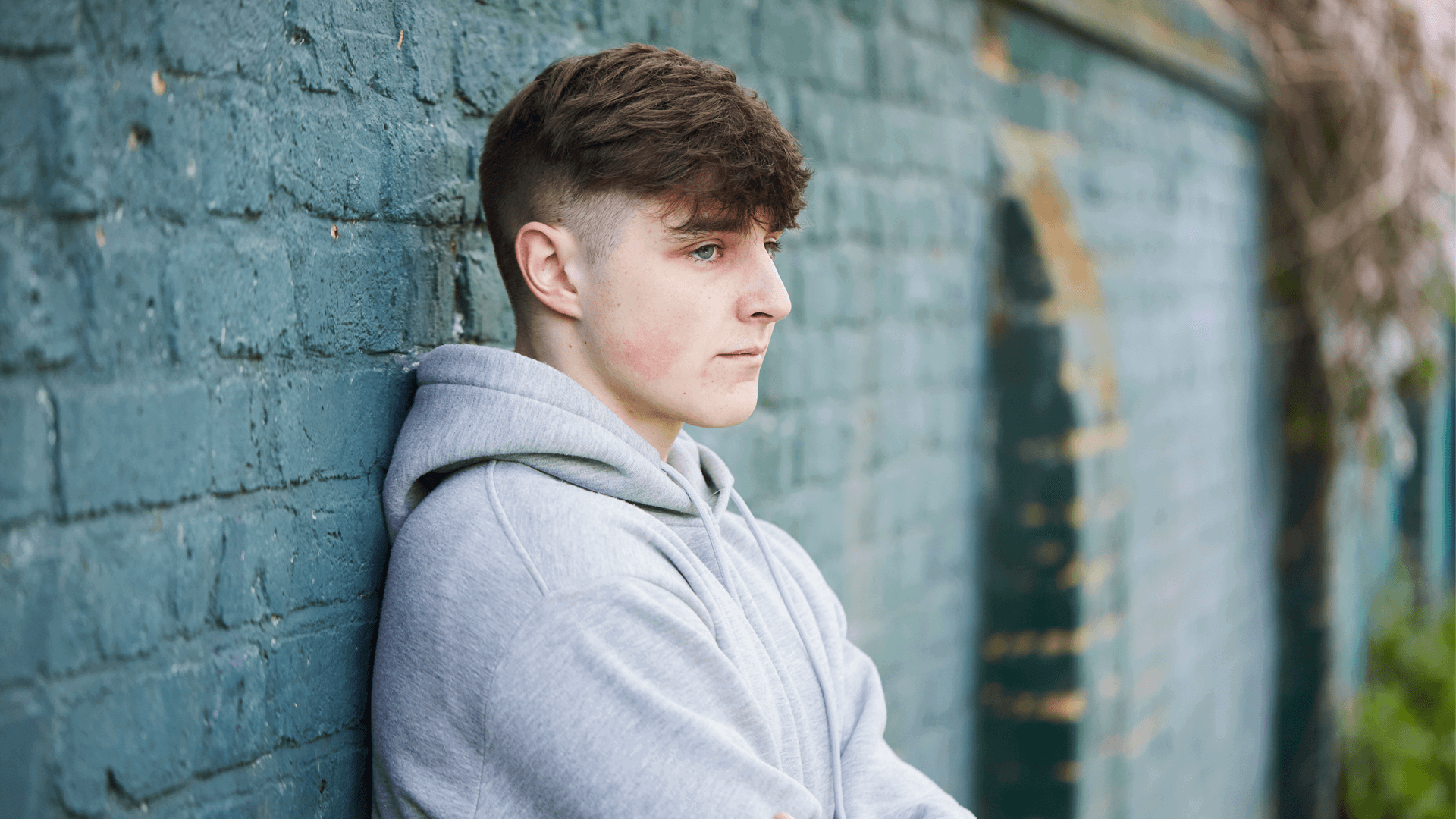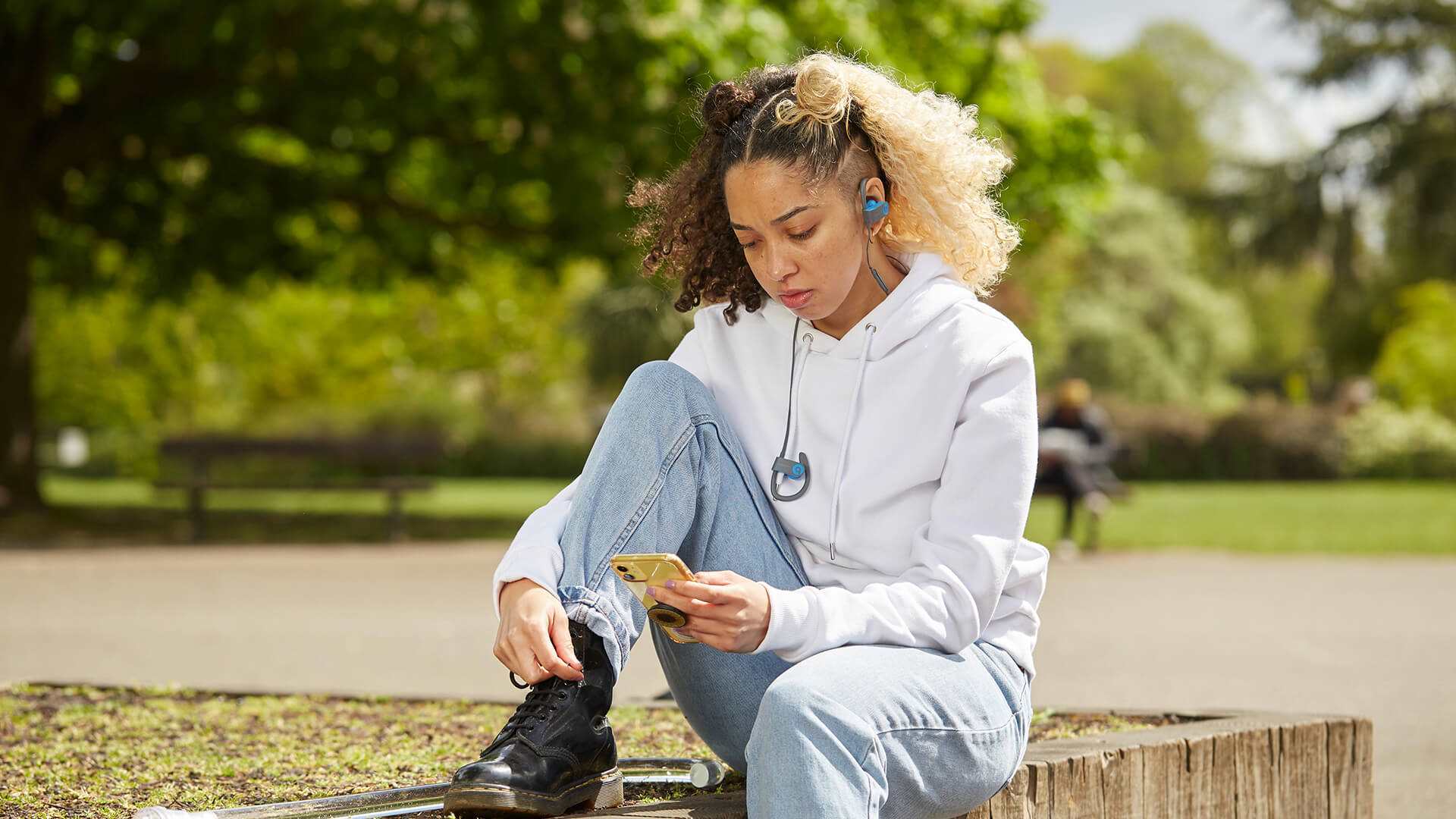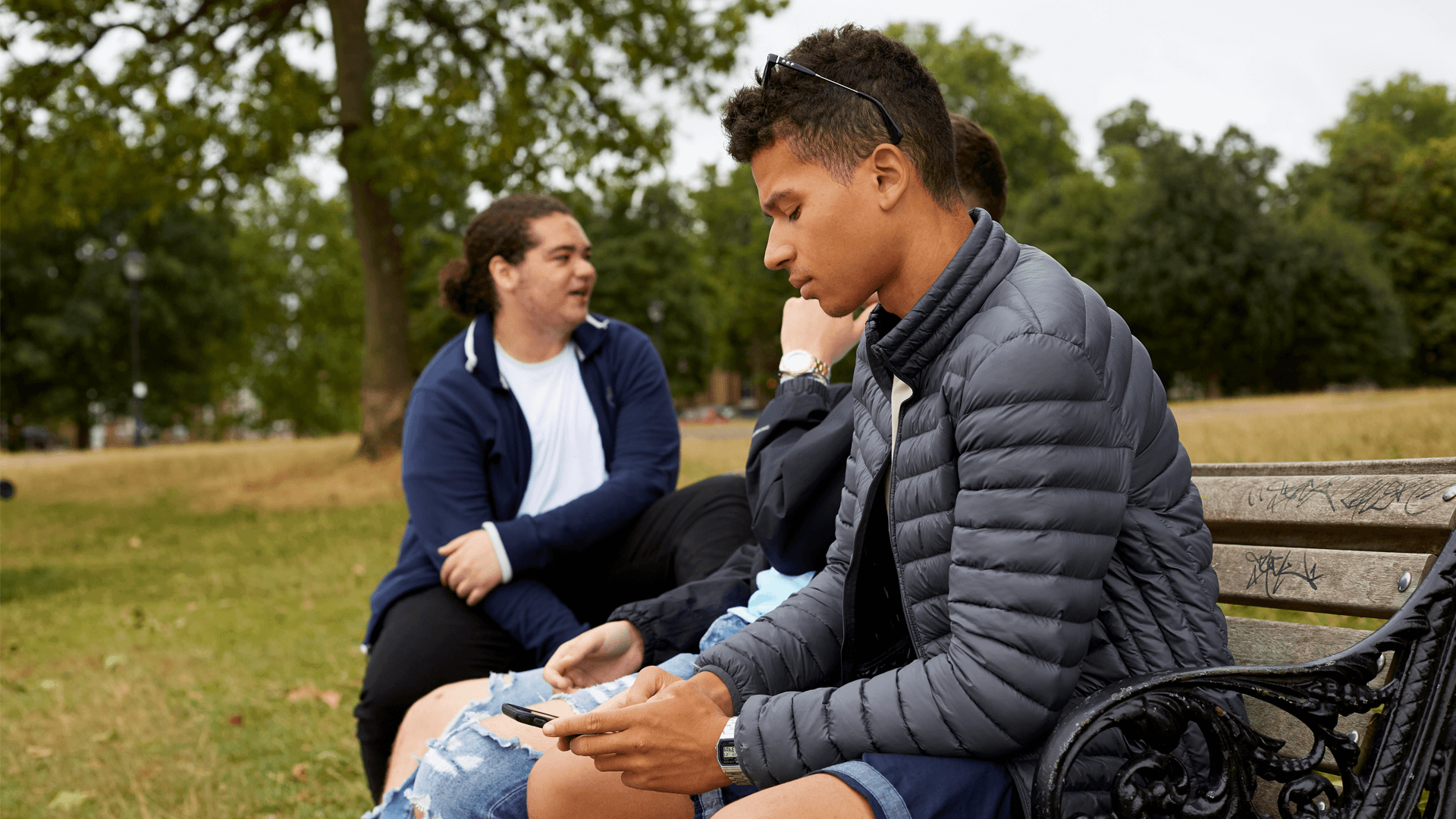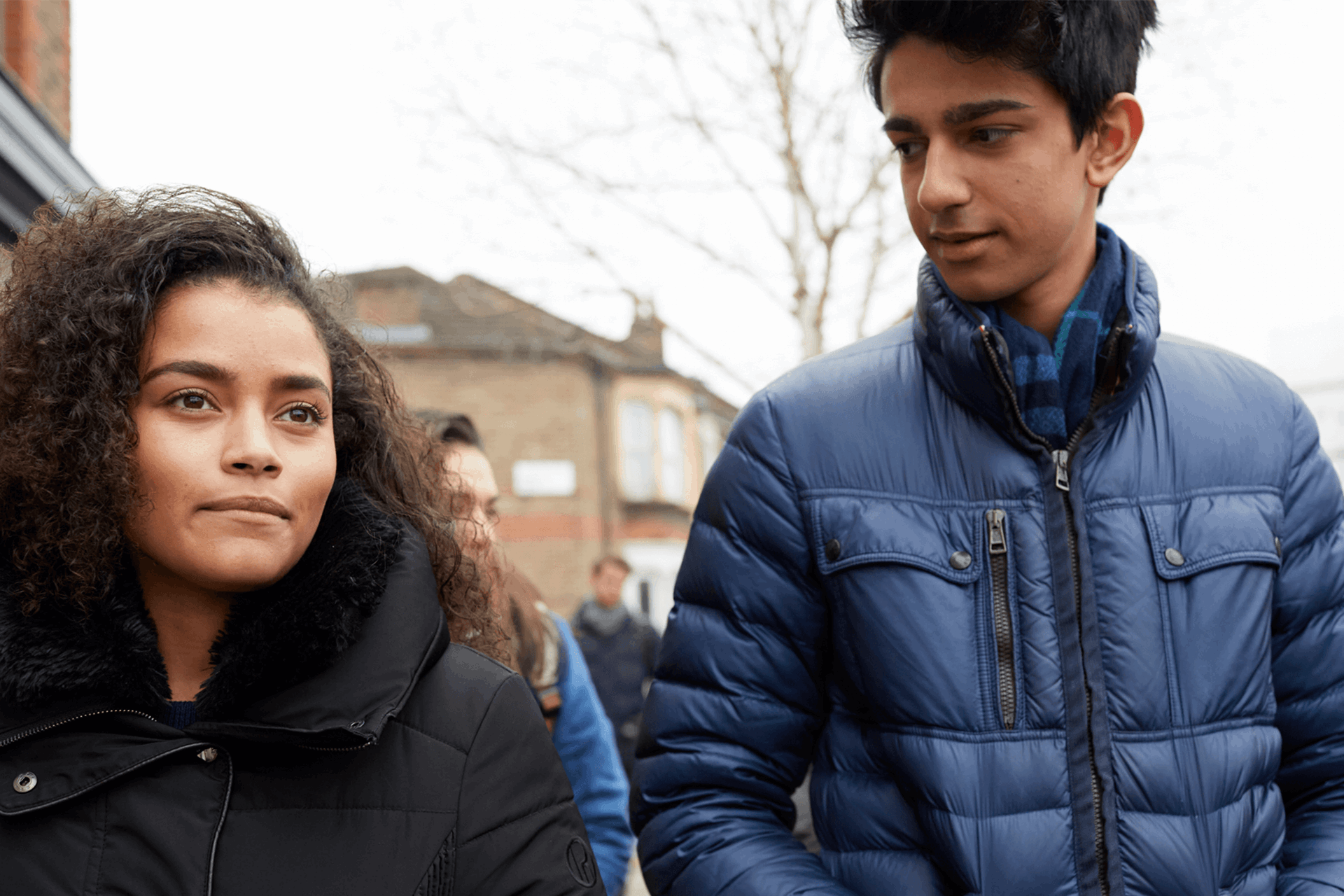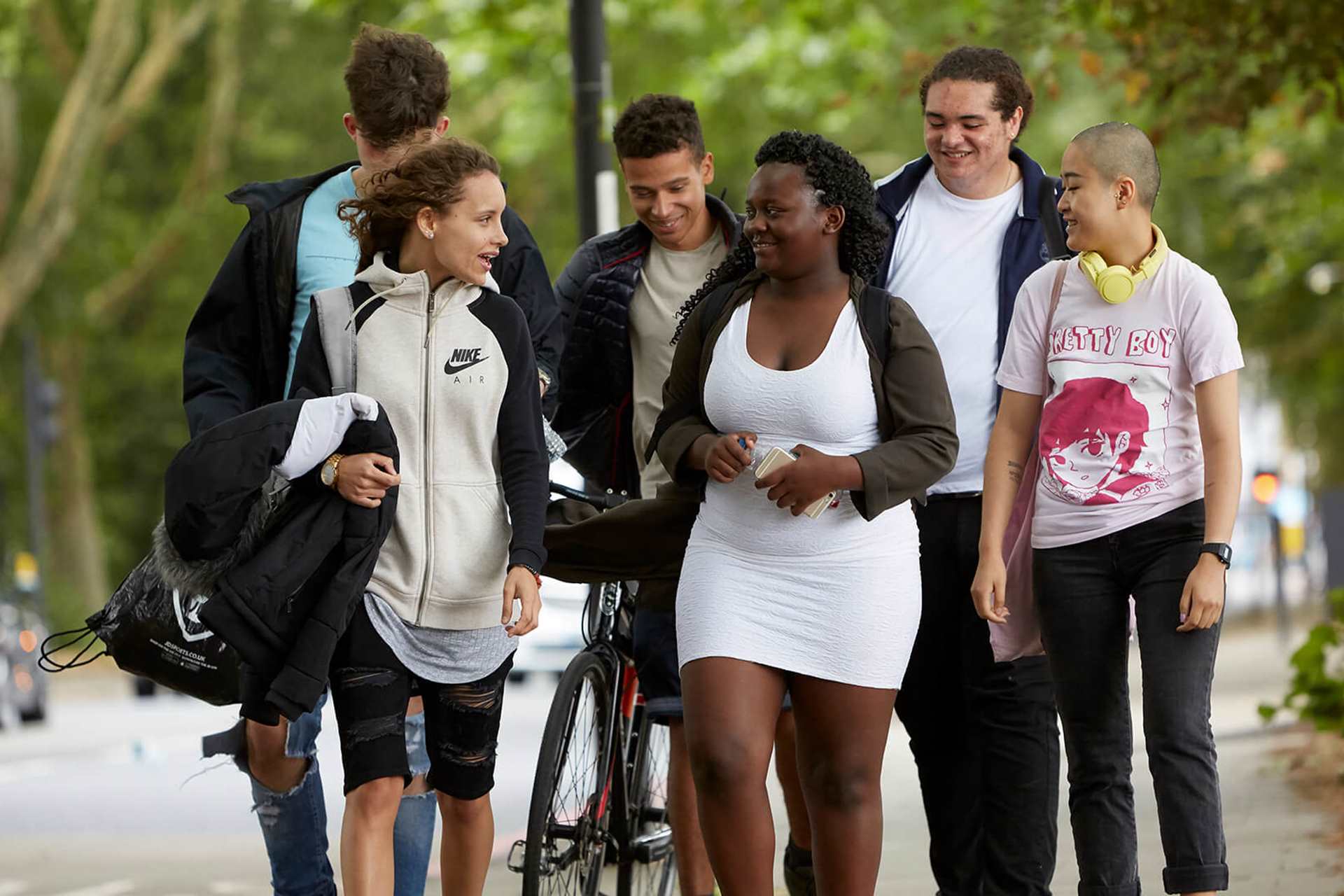Differences in sex development (DSD), sometimes known as intersex, is an umbrella term for over 40 biological conditions that affect a person’s sex development. This can include differences on the inside of your body and on the outside. It can be things like differences in the development of sex chromosomes, some hormones or the reproductive organs or genitals (the penis or vagina).
People with a DSD/intersex people develop in many different ways. Some might not have periods or be able to have their own children, while others may look different in their build or how they grow. But having a DSD is no different from having a variation of any other part of the body. No one body is the same and we are all unique.
Sometimes, when you are born intersex, differences in how your genitals look could be a sign of a serious medical condition. When this happens, a parent/carer might think about surgery as an option. In the UK, it’s likely that surgery will only be considered if there is a medical need for it, not simply because you look ‘different’. And even in these cases, adults/carers might be encouraged to wait until you are old enough to be involved in any decisions about surgery yourself. Just like any other part of the body, the care that you receive should always be based on the best available evidence and the impacts it could have on you.
Whether you have had surgery or not, having a DSD could mean you have a complicated relationship with your body. As with any other part of the body, a difference in your appearance or how your body works could have a big impact on how you see yourself. This can be very difficult but remember that support is out there to help you work through these experiences and live a happy and fulfilled life.
If you are intersex/have a DSD, knowing more about your condition may help you to feel more confident in your body. You can find out more about specific DSDs through the organisation dsdteens.
